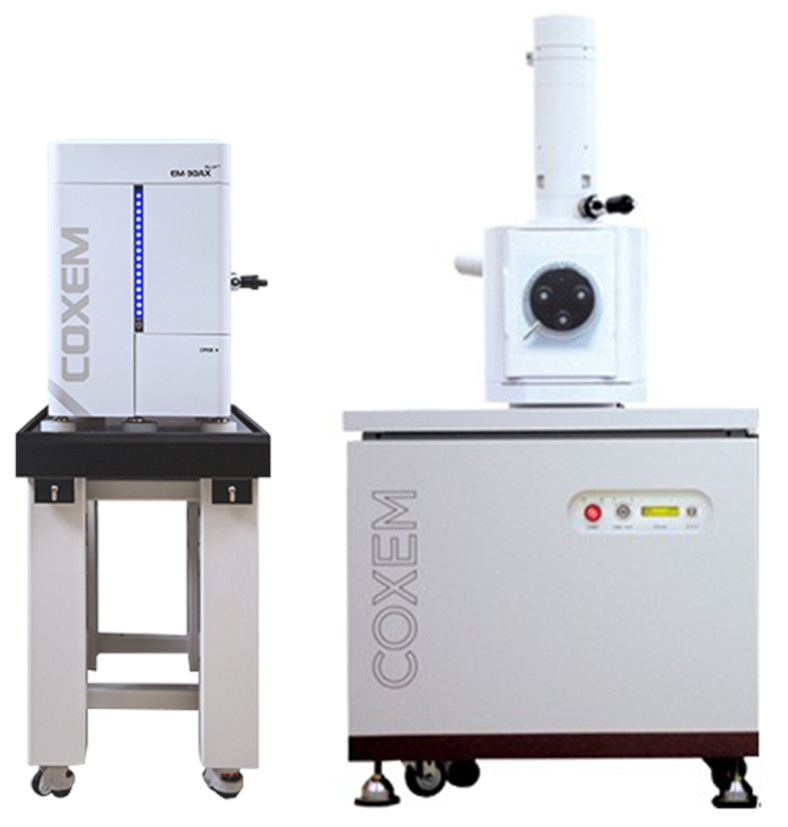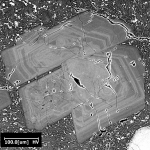SEM-EDX GUIDE FOR BUYERS
Chapter 1 - Price Range of the SEM-EDX Tabletop and Compact Devices
Foreword
The gap between light microscopes and traditionally expensive and large Scanning Electron Microscopes (abbreviated "SEM") has long been closed by a new generation of SEM devices. Latest systems are smaller, faster, more economical and also available in table format. The user-friendly operation allows the use outside of specialized research laboratories.
The key to a successful in-house implementation is the choice of an instrument that best fits your needs. Our guide assists the buyer in choosing with practical advice and technical information.
Tabletop, Compact Device or Large Device
Desktop devices (English "Tabletop" or "Benchtop SEM") are space-saving and can be easily integrated into existing premises. Compact floor units require a separate floor space, providing a larger sample space and more options for future expansion. The price difference between tabletop SEM and compact devices is often insignificant. If there are no space restrictions, a tabletop device does not necessarily have to be the first choice.

Tabletop SEM & compact stand unit
At the upper end of the performance class are the major research instruments, often equipped with a field emission source, ion beam and special spectroscopic detectors. In order to be able to use such devices adequately, a full-time operator with appropriate qualifications is needed.
Prices, Follow-Up Costs and Expandability
The following table gives an overview of the investment costs:
| Model | Domestic Equipments | Stage | Mag | EUR Price |
|---|---|---|---|---|
| Basic Tabletop SEM | SE or BE | XY | 50kx | 55 k |
| Full Tabletop SEM-EDX | SE, BE, Low Vac, EDX | XYZ | 100kx | 110k |
| Basic Compact SEM | SE, BE, Low Vac | XYZRT | 250kx | 80k |
| Full Compact SEM EDX | SE, BE, Low Vac, EDX | XYZRT | 250kx | 130 k |
The follow-up costs are often underestimated, especially in the SEM entry-level market. Margins are tight due to fierce competition, which is why manufacturers of well-known brands seek their profit in service and support. Robust devices that do not require a service contract offer a long-term potential for considerable savings. Similarly, the user should inform himself whether a simple maintenance (eg filament change) can be carried out independently, or whether a fee-based service is necessary.
If you consider a later extension of the analytical possibilities, you should consider this already with the acquisition. Many SEM compact devices and some tabletop SEM have free ports that allow the user to install additional modules later.











